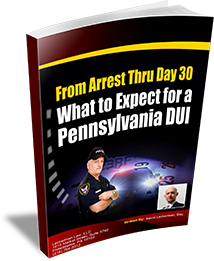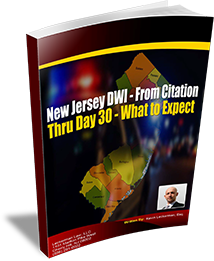For NJ DWI Call (856) 429-2323
For PA DUI Call (215) 496-9292
New Jersey Counties Served: Atlantic, Bergen, Burlington, Camden, Cape May, Cumberland, Essex, Gloucester, Hudson, Hunterdon, Mercer, Middlesex, Monmouth, Morris, Ocean, Passaic, Salem, Somerset, Sussex, Union, Warren
Pennsylvania Counties Served: Bucks, Chester, Delaware, Montgomery, Philadelphia
Leckerman Law is dedicated to protecting the rights of those accused of Driving Under the Influence (DUI), Driving While Intoxicated (DWI), Driving After Imbibing (DAI), and drunk driving related criminal offenses.
Mr. Leckerman helped to change the law in New Jersey concerning witnesses who collect and test blood samples in DWI investigations.
He is certified by the National Highway Traffic Safety Administration (NHTSA) to administer the same Standardized Field Sobriety Tests used by police in
DUI / DWI investigations.
DWI attorney Leckerman has received extensive training concerning breath testing and blood testing for blood alcohol concentration (BAC) in order to discover the flaws that exist in the prosecution’s testing procedures and results.
Police and prosecutors have immense financial resources and cutting-edge technology at their disposal to prosecute citizens accused of violating the drunk driving laws. The results of a DWI / DUI conviction can be devastating.
That is why hiring an experienced DWI / DUI defense attorney is the best choice a person can make when determining what to do when facing a drunk driving charge.
With extensive training and thousands of hours of DWI / DUI litigation experience, attorney Kevin Leckerman ensures that his clients walk into a court room with confidence in their protection and defense.


New Jersey Office:
1101 Marlton Pike West, Cherry Hill, NJ 08002
Phone:
(856) 429-2323
Pennsylvania Office:
1515 Market Street, Suite 1200, Philadelphia, PA, 19102
Phone:
(215) 496-9292
Please indicate the charges against you, when the charges were filed and which police department charged you:
A request for a consultation does not in any manner create an attorney-client relationship.